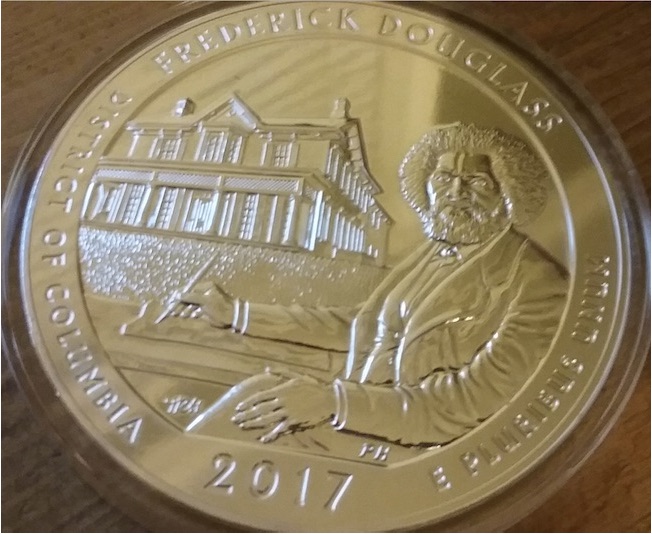Frederick Douglass’s Crusade against ‘Soul-Destroying Religion’ by TIM STAFFORD for Christianity Today
The abolitionist’s faith gave him deeper love for humanity—and greater antipathy for slavery.
Frederick Douglass might be called the Barack Obama of the early 19th century—a figure who revolutionized expectations of black people simply by being himself. A brilliant writer, thinker, and orator, Douglass repeatedly confounded both friends and critics. They found it hard to believe a self-taught former slave could engage as an equal with the intellectual leaders of his day.
Douglass was born as a slave in rural Maryland in about 1817, though the date of his birth went unrecorded. He never knew his father, and his mother died when he was a boy. Early on, according to his own recollections, Douglass felt the pain of being enslaved for life and longed for freedom. Sent to Baltimore by his master, he managed to teach himself to read and write while earning money for his master as a laborer on the docks. In 1838, probably just out of his teens, he escaped to the North. Arriving in New Bedford, Massachusetts, Douglass joined the local anti-slavery association, was eventually “discovered” as an eloquent abolitionist, and began to make speeches throughout the North.
Douglass’s first autobiography, published in 1845, was Narrative of the Life of Frederick Douglass, an American Slave. It was so well written many critics doubted that he had written it himself. In 1847 he moved to Rochester, New York, to start his own newspaper, The North Star. Through his writings and lectures he became a major contributor to the abolitionist movement. Douglass was also one of the first to support the woman’s rights movement, attending and speaking at its first convention in Seneca Falls, New York.
As the following excerpts from his writings show, Christianity and Christian ethics shaped Douglass’s thinking—both the positive example of love for all people he learned in his reading of the Bible, and the hypocrisy he often excoriated in his description of slaveholders’ piety.
I was not more than thirteen years old, when I felt the need of God, as a father and protector. My religious nature was awakened by the preaching of a white Methodist minister, named Hanson. He thought that all men, great and small, bond and free, were sinners in the sight of God; that they were, by nature, rebels against His government; and that they must repent of their sins, and be reconciled to God, through Christ. … I was, for weeks, a poor, broken-hearted mourner, traveling through the darkness and misery of doubts and fears. I finally found that change of heart which comes by “casting all one’s care” upon God, and by having faith in Jesus Christ, as the Redeemer, Friend, and Savior of those who diligently seek him.




